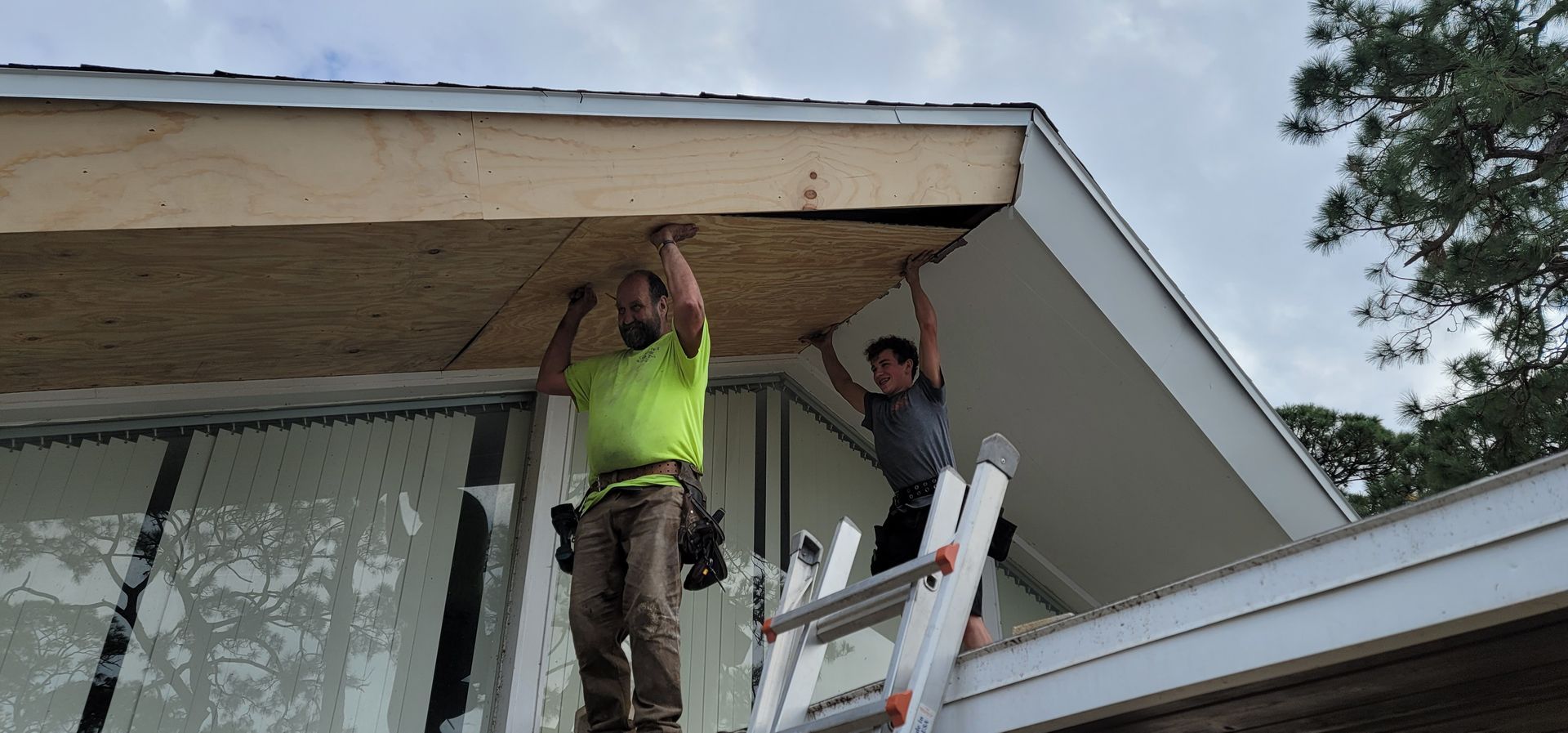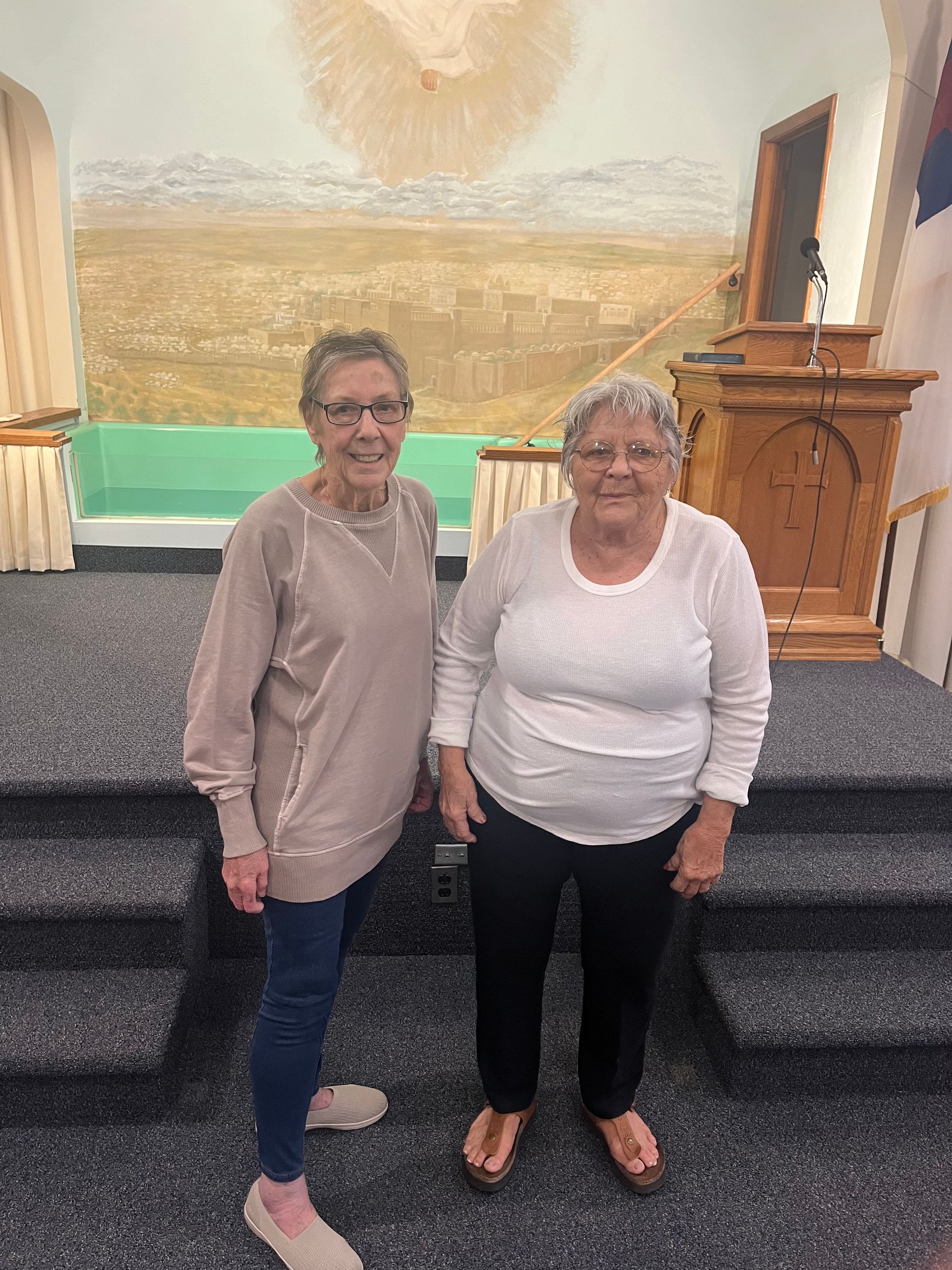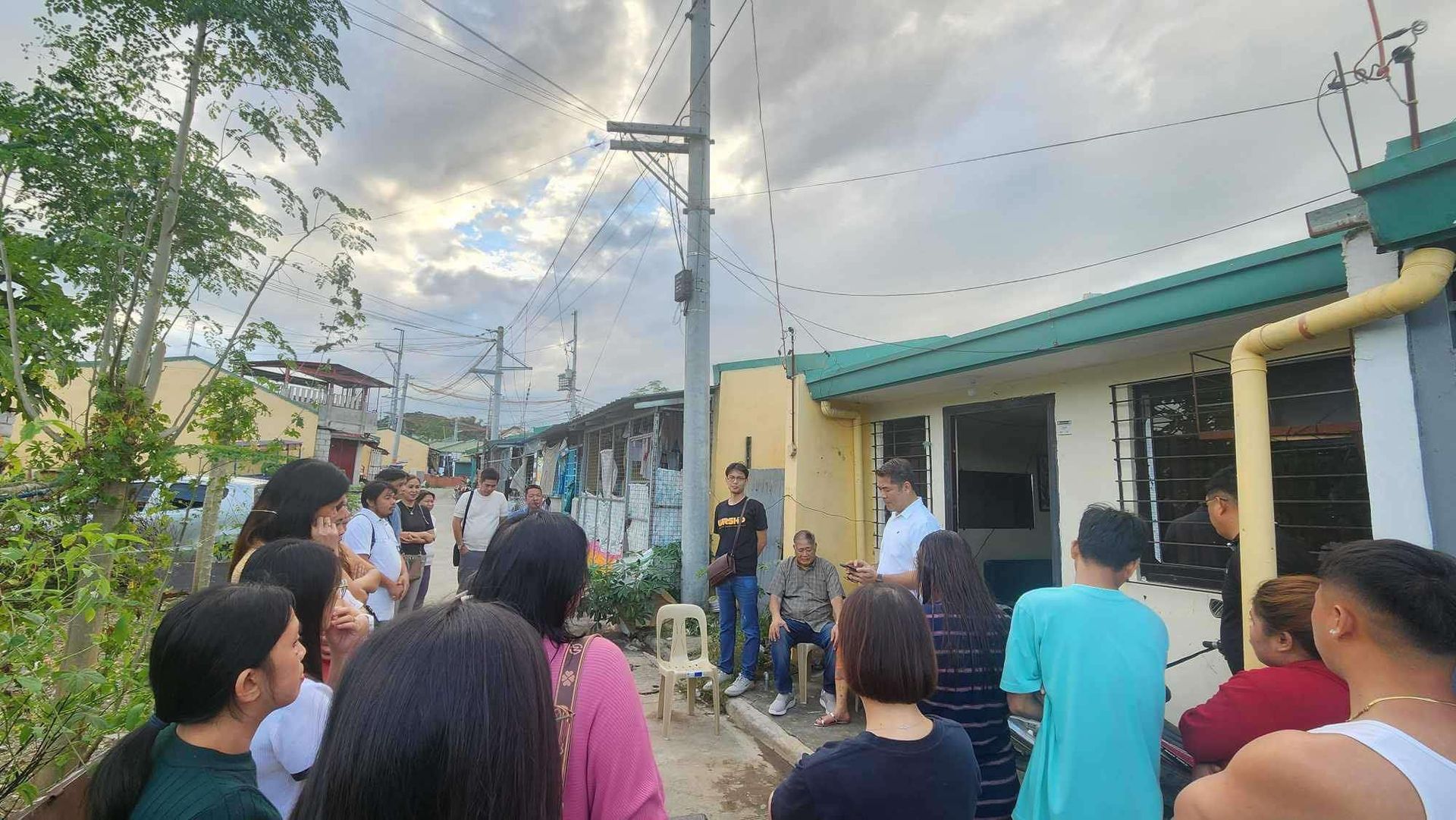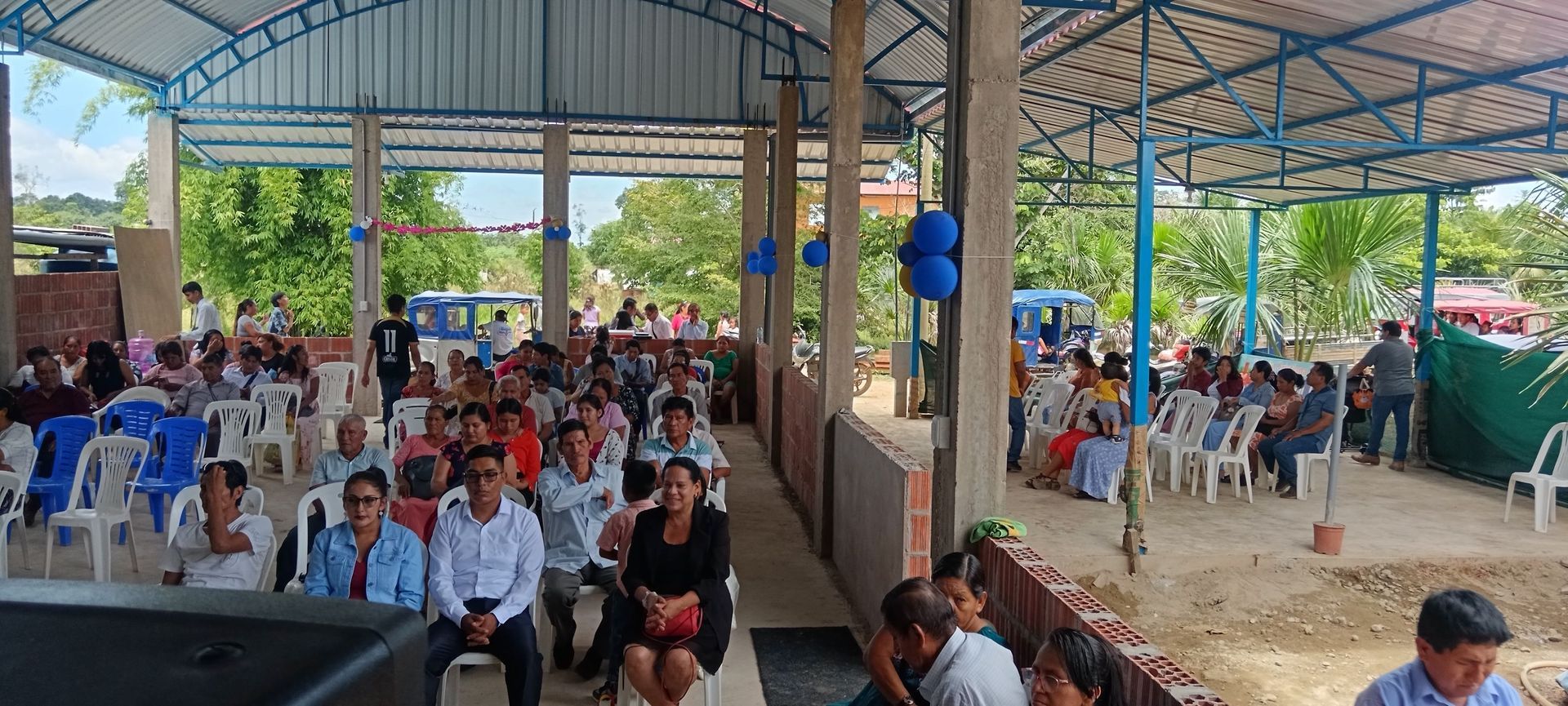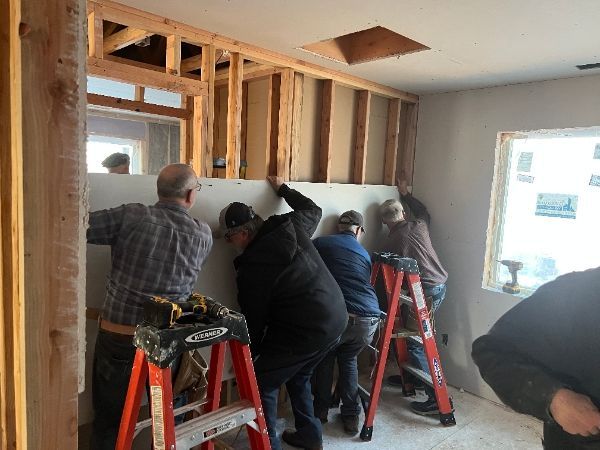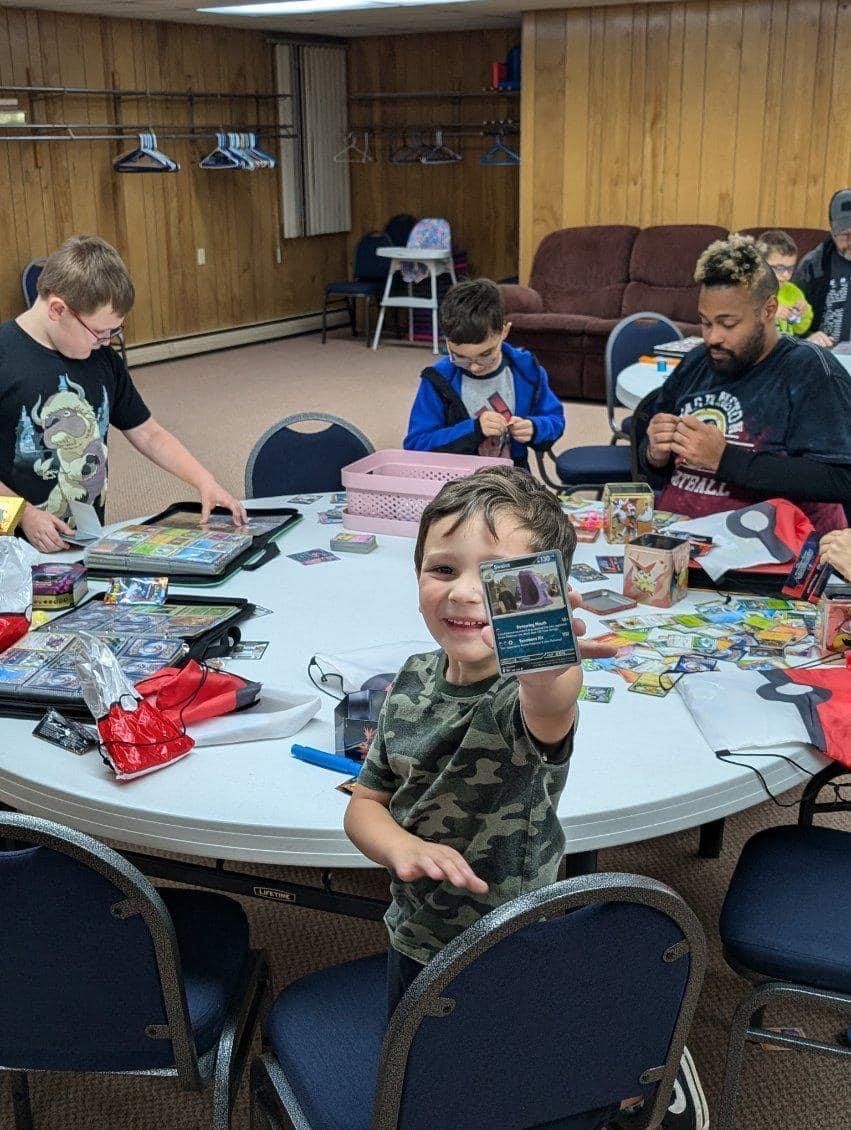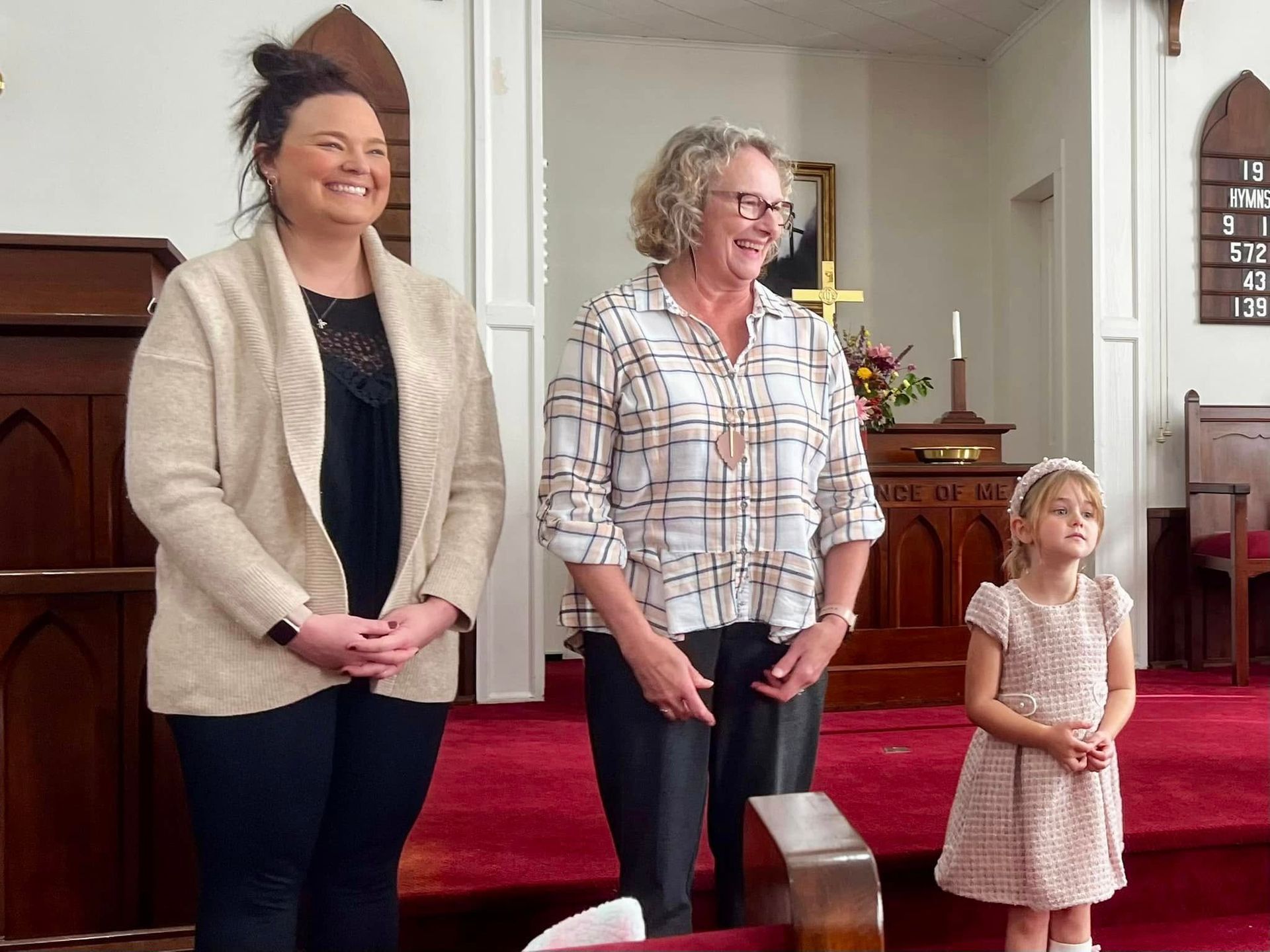Racism - The Dust That Covers Everything
Basketball legend Kareem Abdul Jabbar recently wrote a poignant essay in the LA Times reflecting on the death of George Floyd and the protests that followed. In the essay, Jabbar likens racism to dust. He writes, “Racism in America is like dust in the air. It seems invisible — even if you’re choking on it.”
When I read these words, I couldn’t help but think that it is a great description of the nature and reality of sin. It’s everywhere, and while there are some sins that are easy to spot, the vast majority remain unseen. We, for the most part, choke on sin, and we don’t see it or even recognize it for what it is. But we see its effects - broken relationships, broken attitudes, broken environments, and a broken world. Racism is sinful; it is part of the long litany of sins, but more than that it is an attitude that we may not always beware of. It may be hidden deep within ourselves and is hidden deep in American society as a whole.
To see the death of George Floyd was sickening. But I know my reaction as a white man was very different than that of an African American man or woman. I don’t fully know what it’s like to experience through the countless stories that have been shared by African Americans of the fear of being pulled over or the stares they receive entering an establishment or going for a run on a suburban street. I don’t know what it’s like to live with these dynamics that African Americans experience all because of the color of a person’s skin.
I do know, however, that this is wrong. It is sinful. And for the most part, I have been oblivious to it. It has been dust. It’s everywhere, and yet I don’t always see it. The question I am left with is, What can I do? What role can I play, not only as a pastor but as a human being to help bring healing and reconciliation?
Shine light in the darkness
Kareem Abdul Jabbar shares the necessity of shining light on the dust of racism, “until you let the sun in. Then you see it’s everywhere. As long as we keep shining that light, we have a chance of cleaning it wherever it lands.”
In John 3:19-21, Jesus shares with Nicodemus the purpose of His coming. Eugene Peterson’s paraphrase expresses this well: “This is the crisis we’re in: God-light streamed into the world, but men and women everywhere ran for the darkness. They went for the darkness because they were not really interested in pleasing God. Everyone who makes a practice of doing evil, addicted to denial and illusion, hates God-light and won’t come near it, fearing a painful exposure. But anyone working and living in truth and reality welcomes God-light so the work can be seen for the God-work it is.”
We are in a crisis and have been since sin entered this world. And the only way to deal with this is to shine the light of Jesus on sin. Not only does this mean to shine the light publicly or outwardly where we see racism, but to also shine that same light inwardly. This means allowing for examination of myself and seeing and confessing any potential prejudices I may carry. If lasting change is to happen, it must begin inwardly. It also means addressing the dust of racism in my sphere of influence including, but not limited to, my family, and my church.
Healing, real healing, is not possible without sincere examination, confession, and confrontation of racism head-on. It is here, I believe, that much work must be done. Hate is caught but love can be taught. Forgiveness is possible and healing can still happen, but for this to occur there is much light that still needs to shine on the hearts of people, including my own.
Be Vigilant
Kareem Abdul Jabaar shares that for racism to be effectively dealt with, “we have to stay vigilant, because it’s always still in the air.”
Progress has been made to correct the sin of racism, but we still have a long way to go. Our struggle with racism stretches back to the founding of our country. Because of this, we have to be ready to address it whenever and wherever it wields its ugly head. For Christians, we know this reality of the DNA of sin as a part of our own lives. We are becoming, but have not arrived. We are living in the tension of already but not yet as we grow in the image of Jesus Christ. We know that while we are free from sin we are still sinful, and our world is still covered in the dust of sin. So, whether it is George Floyd, Christian Cooper, or Ahmaud Arbery, racism will surface again, and we as Christians should not be surprised but rather vigilant and ready to respond with the light of Jesus Christ.



